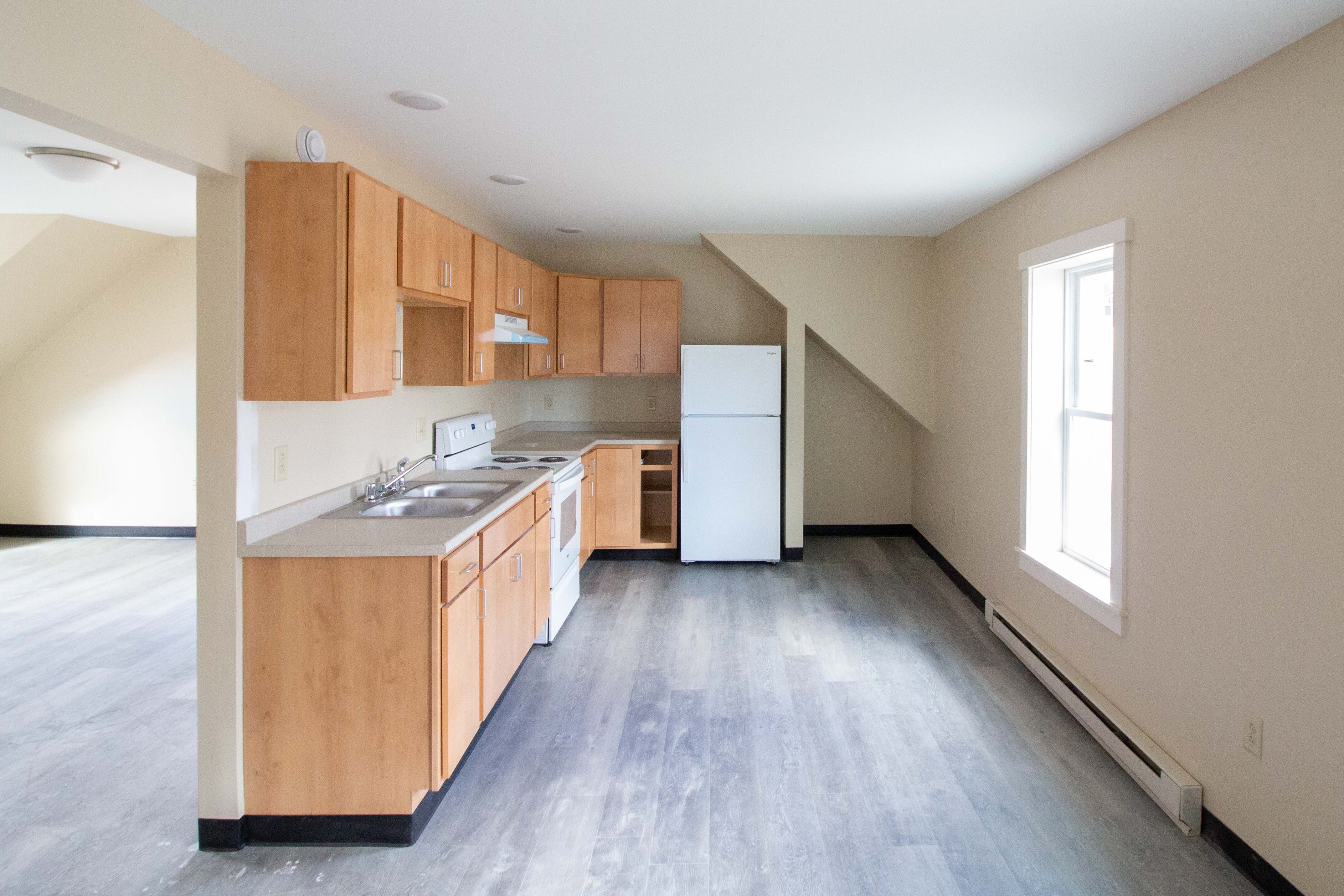How to Apply for Housing
Applications can also be obtained at our office locations:
1222 Main Street, St. Johnsbury, Vermont, and 16 Church Street, Barton, Vermont.
Applications can be mailed by request by calling (802) 535-3555 and speaking with the receptionist.
We own and manage nearly 700 residential & commercial units in Caledonia, Essex, and Orleans counties which offer a wide variety of housing choices to people of all ages. With both market rate and income-based units available, we are committed to providing safe, healthy living conditions in all of our properties.

Features include:
- Heat & hot water
- 24/7 emergency maintenance
- Trash removal
- Grounds maintenance & snow removal
- Energy-efficient fixtures
Please send completed applications to
RuralEdge
Attn: Application Specialist
1222 Main Street
St. Johnsbury, Vermont 05819
Need Help Applying?
Completing your rental application doesn't need to be a stressful process. Answers to many questions you may have can be found on our Frequently Asked Questions page. If you still require assistance after reviewing our FAQs, please, call our main office to speak with a Compliance Specialist at 802-535-3555.